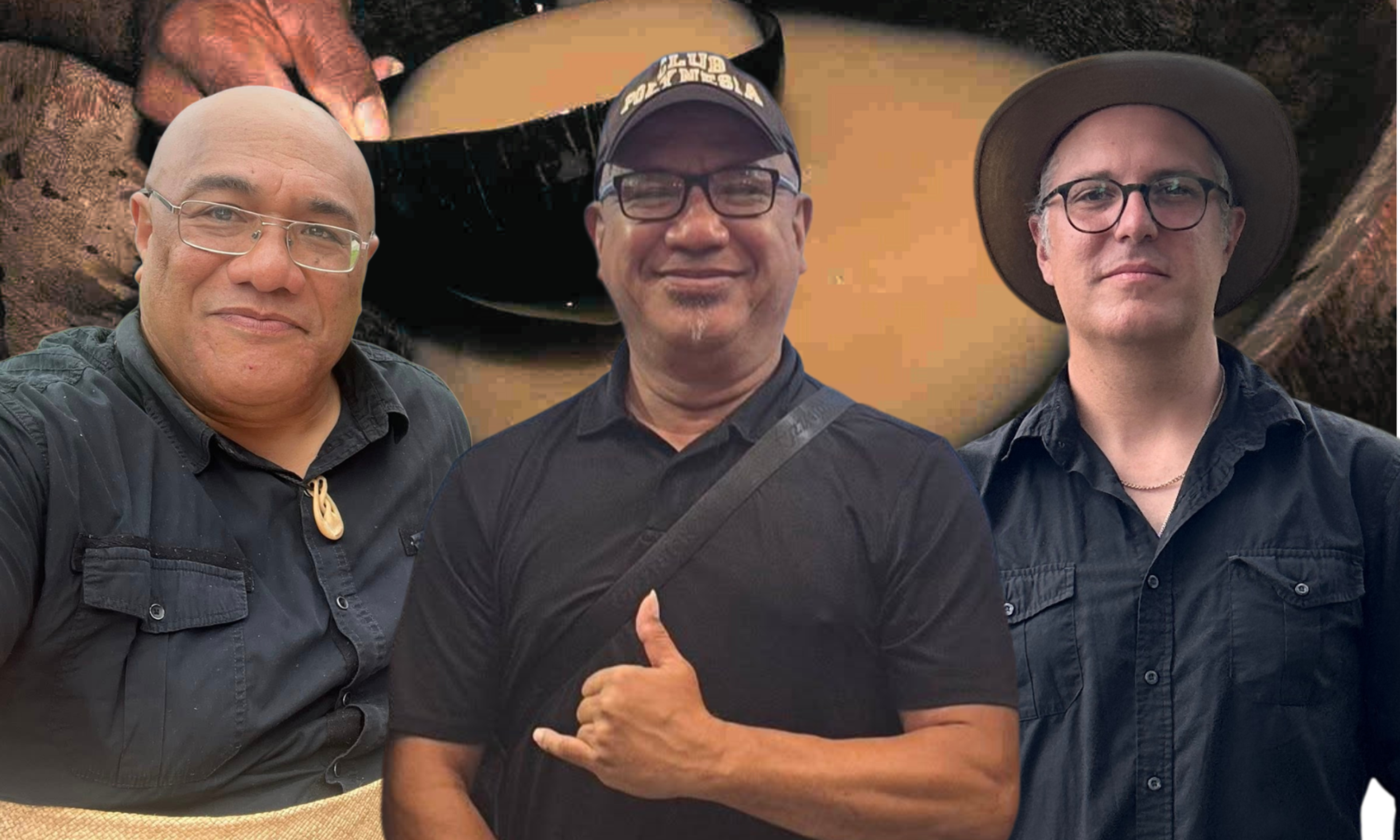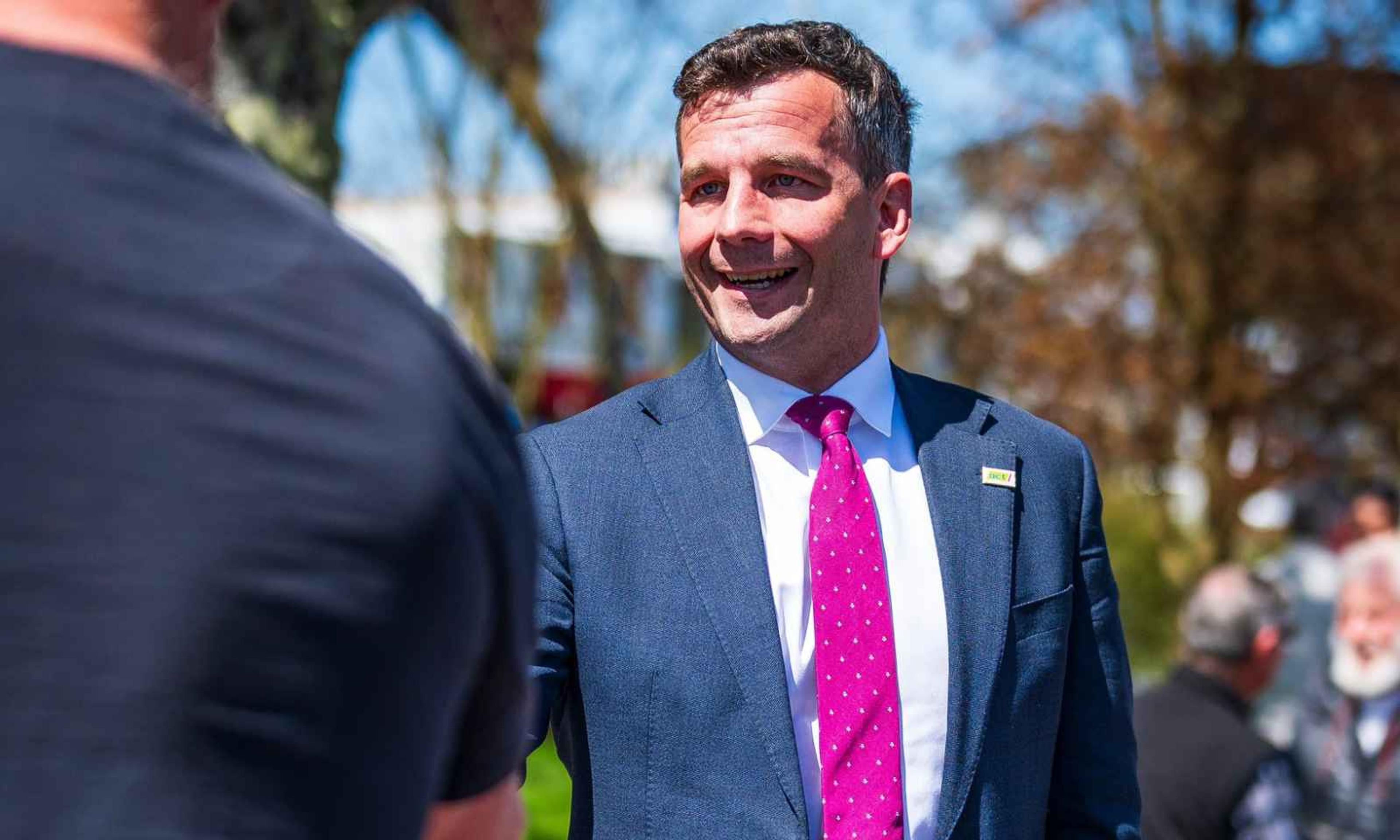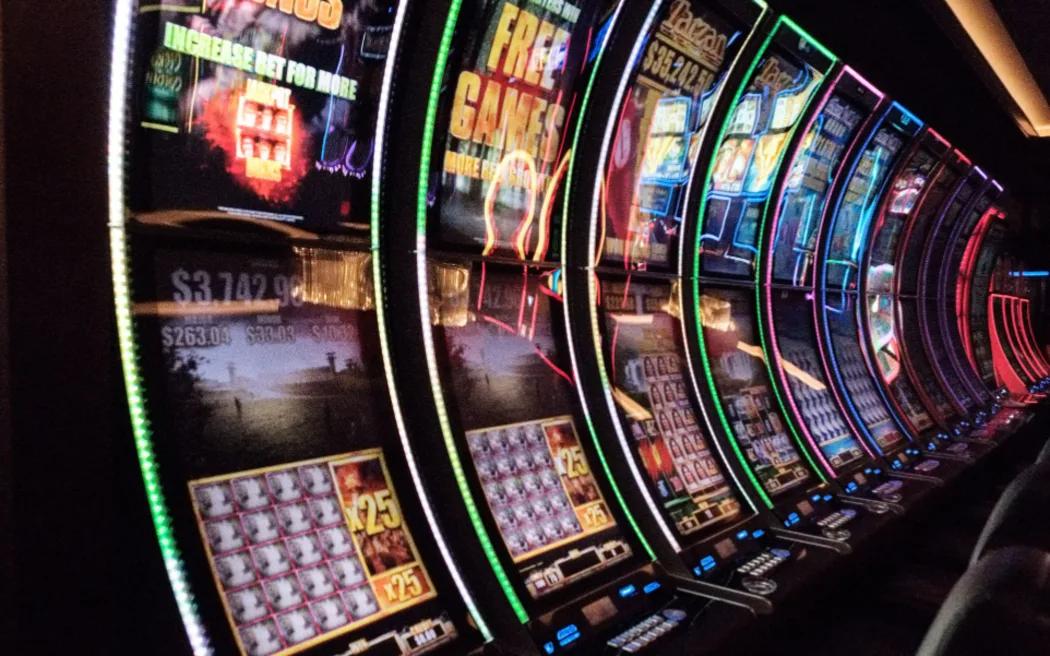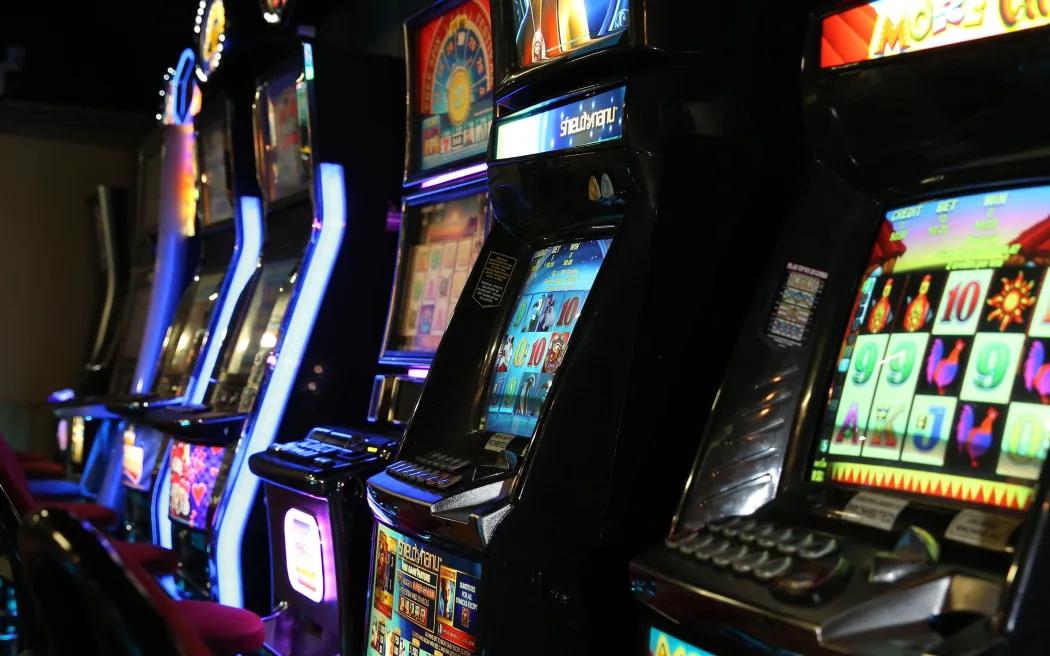

Mapu Maia Chief Executive Tuala Pesio Ah-Honi urges tougher measures to reduce online gambling harm.
Photo/Composite
Pacific group calls for tougher measures to combat online gambling harm in New Zealand
Mapu Maia highlights the hidden dangers of gambling moving into private spaces, with stories of addiction and loss within Pacific communities, advocating for more funding for support services.



Pacific leaders back NZ kava reforms but warn of risks for smaller businesses in Tonga

Pacific child poverty rises as Deputy PM points to economic growth as solution

Lantern Festival 2026 tickets sell out, visitors urged to plan ahead


Miss Cook Islands 2026, reflections of a Pacific Island beauty queen

Pacific leaders back NZ kava reforms but warn of risks for smaller businesses in Tonga

Pacific child poverty rises as Deputy PM points to economic growth as solution

Lantern Festival 2026 tickets sell out, visitors urged to plan ahead
A Pacific organisation is calling for stronger measures to prevent gambling harm, following the Government’s announcement to tighten online gambling regulations within the next three months.
Mapu Maia is a support service aimed at helping Pacific people who are affected by gambling, mental health issues, and addiction.
Tuala Pesio Ah-Honi, the chief executive of Mapu Maia, says online gambling can facilitate addictive behaviours that unfold behind closed doors.
“You're now able to gamble on your phone and the privacy of your own home and your bedroom, and it's no longer about being seen out at the local casinos.
“We are seeing some heartbreaking stories of how socially they started gambling because it was a bit of fun, tt was a bit of release from boredom, it was a bit of just going out with friends and having a bit of flutter, turned into quite a severe psychological addiction where they have just lost tens of thousands of dollars.”
The Government’s Strategy to Prevent and Minimise Gambling Harm 2025/26 to 2027/28 is set to take effect on 1 July 2025, aiming to address gambling-related harm over the next three years.
This strategy includes $76.12 million in funding to support various initiatives, such as public awareness campaigns and a more robust public health approach, targeting those most affected, including Pacific, Māori, and Asian communities, as well as youth.
Speaking to William Terite on Pacific Mornings, Ah-Honi urges additional measures to minimise harm, such as reducing the number of online casino licences from 15 to five and increasing funding for support services.
“We're concerned that it's opening up more harmful gambling for our communities, and particularly for our young people.
Watch Tuala Pesio Ah-Honi’s full interview below.
“We are seeing some heartbreaking stories of families who have lost everything, have lost their homes, have lost their cars and their possessions, and also in the severe end, their relationships, their children, and also can lead to quite severe mental health and addiction issues.”
Currently, Pacific people are more than twice as likely to experience moderate or high-risk gambling harm compared to the general population.
Internal Affairs Minister Brooke van Velden announced in November plans to limit online casino gambling licences to up to 15, with potential fines of up to $5 million for violations.
Operators will be required to implement age verification systems and ban advertisements aimed at children by early 2026.
Velden says the goal is not to increase online gambling, but to “enable New Zealanders who wish to play casino games online to do so more safely than they can today”.

Some gamblers are moving away from pokie machines to online gambling platforms. Photo/File
Research from the Pacific Islands Families Study: Young Adult Gambling Behaviours and Associated Risk Factors indicates that gambling harm among Pacific families involves financial stress, deteriorating relationships, and declining mental wellbeing
“We're concerned that advertisements and other sorts of inducements will already exacerbate the growing number of our communities, particularly our young Pacific men and women who are gambling online at the moment,” Ah-Honi says.
Crackdown on influencers
The Department of Internal Affairs is also cracking down on influencers who promote gambling sites, with potential penalties of up to $10,000.
Ah-Honi says social media has a major impact on youth who receive most of their information from those platforms, saying the amount of advertising and inducements in general are already harmful.
“But coupled with celebrities or influencers endorsing or selling online gambling platforms, that's a real concern for us.

More youth are participating in online gambling. Photo/File
“We are seeing more and more parents really concerned about their children's time on online gaming and online gambling.”
The Pacific Islands Families study by Auckland University of Technology (AUT) also found that regular online gaming as a teenager significantly predicts gambling harm later in life.
Associate Professor Maria Bellringer, director of the Gambling and Addictions Research Centre at AUT, says almost half of the participants showing risky behaviours sought support from someone close to them. This highlights the need for informed and culturally appropriate services.
"An early intervention could be to support increased gambling harm literacy amongst Pacific families and communities on how to recognise signs of risky gambling behaviours or gambling harms and how to effectively support a person to change their gambling behaviours.”

Online options have taken gambling activity behind closed doors. Photo/File
Providing hope and support
Mapu Maia offers counselling services in English, Tongan, or Sāmoan languages for individuals, couples, or groups across the country.
Ah-Honi says there is culturally appropriate support available for families facing challenges related to gambling harm.
"It's such a devastating addiction and we're really strongly urging and encouraging our families to seek help early, to talk to someone, to call us and we'll be able to help and offer assistance and offer tools.”
Contact Mapu Maia on 0800 21 21 22 or help@mapumaia.nz for more information.
Other places to get help:
Vai Lelei Pasifika Gambling Helpline - 0800 654 657
Youth Gambling Helpline “In Ya Face” - 0800 654 659
Gambling Debt Helpline - 0800 654 658
The Gambling Helpline, 0800 654 655, 7 days a week, or text 8006
Māori Gambling Helpline - 0800 654 656
Watch: Otago University's Dr Edmond Fehoko says Pacific communities need to find better solutions to gambling harm.